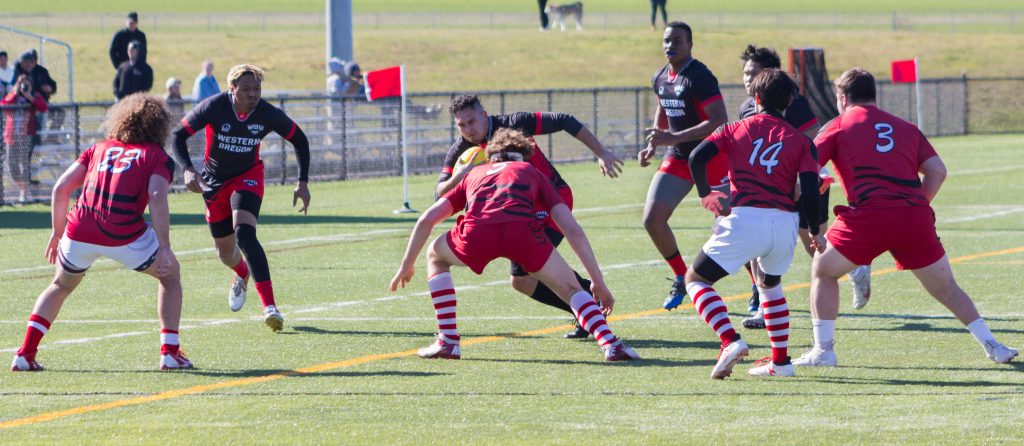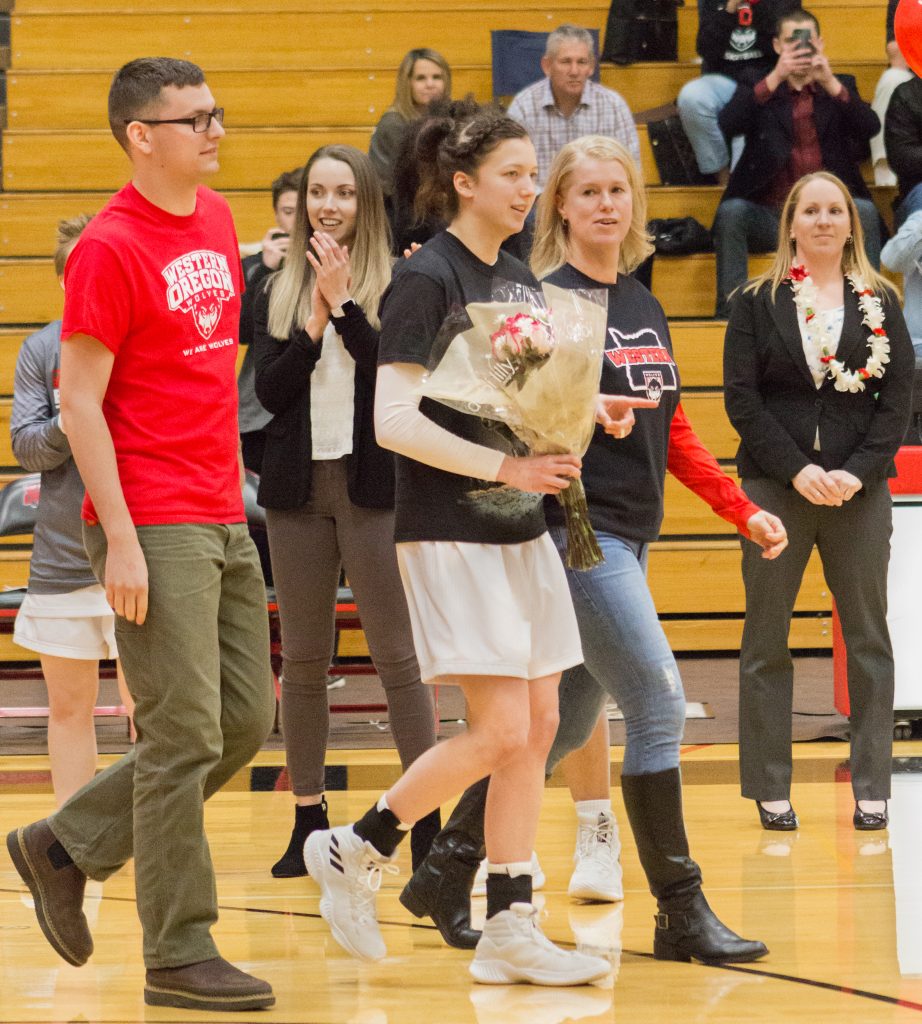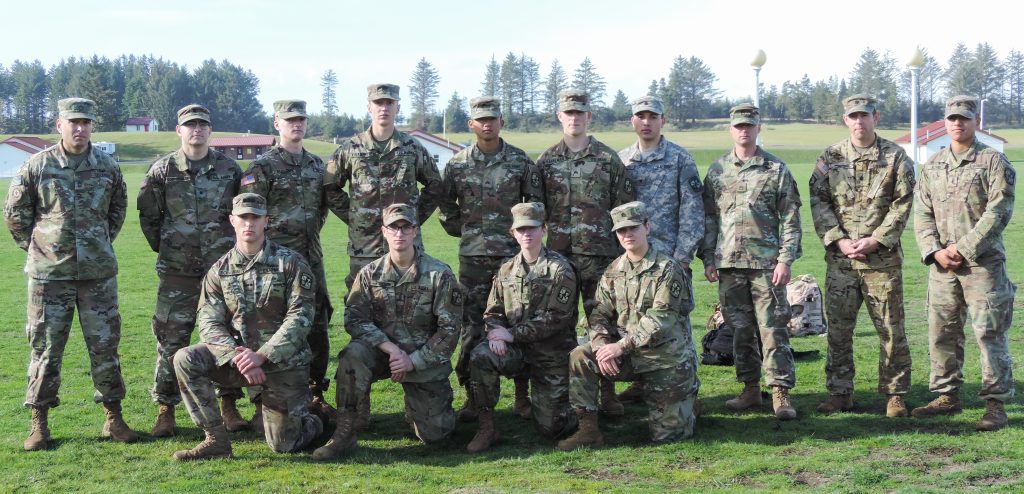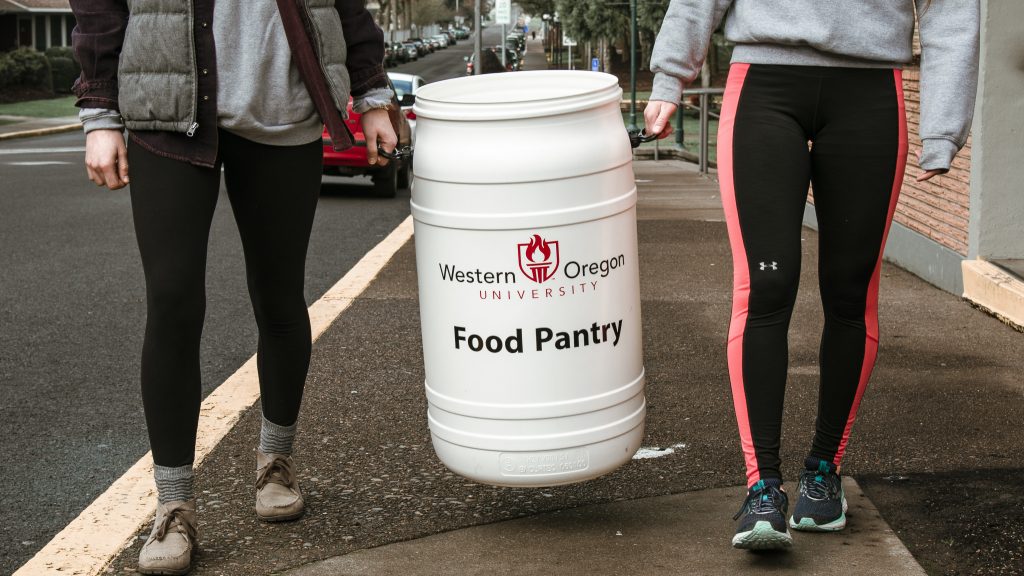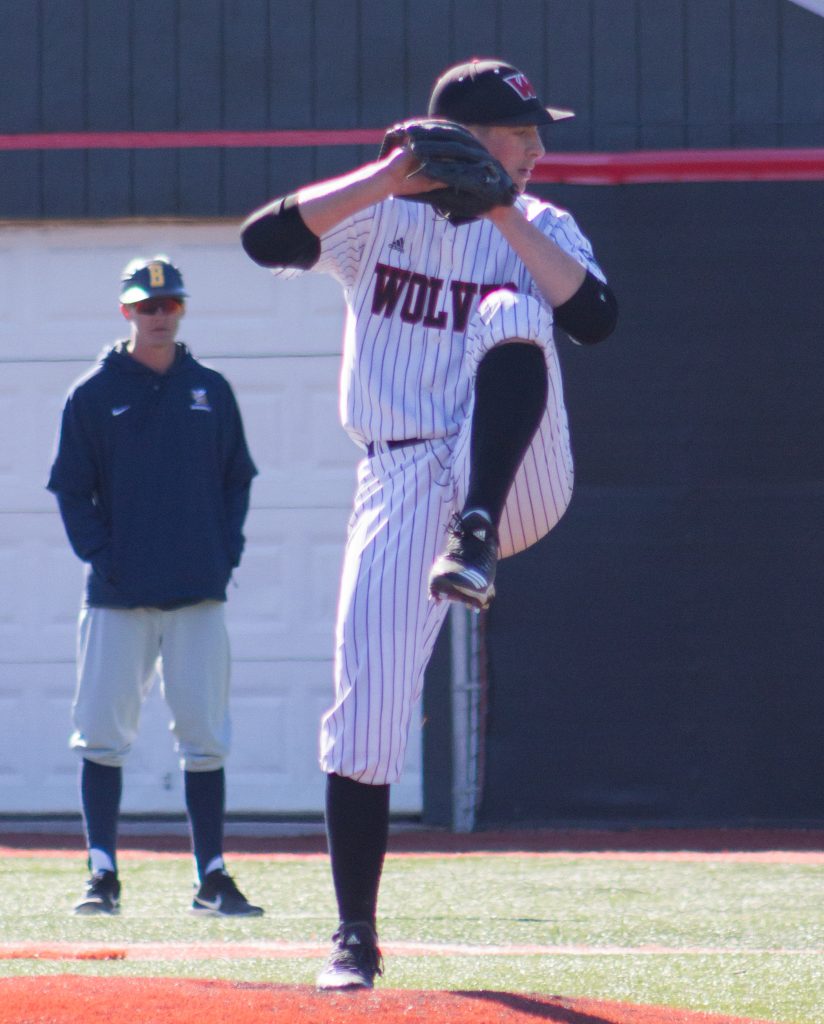
Chrys Weedon | Entertainment Editor
In 2011, Marie Kondo published a book titled “The Life-Changing Magic of Tidying Up: The Japanese Art of Decluttering and Organizing”. In 2014, the hardcover English translation was released and quickly became a New York Times bestseller.
In her book, Kondo lays out what she calls the KonMari method, an organization method uniquely created through Kondo’s work as a professional organizing consultant. Severely simplified, the KonMari method asks the reader to sort through all their belongings and see what sparks joy — if an object doesn’t spark joy, it should be disposed of. A very important part of the process is thanking an item for its utility before giving the item away or throwing it out.
Kondo has been named on of the New York Time’s 100 most influential people, and many swear by her organization method.
Several celebrities have informally reviewed Kondo’s book as publicity. “I recommend it for anyone who struggles with the material excess of living in a privileged society,” commented Jamie Lee Curtis on the Amazon page selling the book. B.J. Novak also swears by Kondo’s book.
Kondo’s publication has been so successful that Netflix aired a show centered around her and the KonMari method. In the original show, “Tidying up with Marie Kondo”, Kondo visits different families and assists them in decluttering their life. Although this method can be compared to minimalism, they are distinct — hence why Kondo has specially labelled her own method.
However, an incident in episode five of Kondo’s Netflix original show sparked a debate on the internet.
Kondo advised a couple on how they should declutter their books. In a summary of Kondo’s philosophy on books, a Jan. 12, 2019 article by Deseret News wrote that Kondo believes that the true value of books lies in the information within them. Kondo suggests that having books that someone will never read adds clutter to that person’s life. Instead of stockpiling books, Kondo suggests that someone only keeps the books that spark joy, maybe only keeping sections of books that are special.
Many Twitter users were outraged. User Cleve Arguelles, @CleveArguelles, posted: “I’m not sure whether I should love or hate Marie Kondo right now. But she did advise that one can rip out pages from their favorite books & throw away the rest so they can… ‘keep only the words they like.’ So, hate it is.”
Author Jennifer Wright even posted “this woman is a monster,” in reference to Kondo. That tweet has since been deleted.
Danielle Durand, a Western alumna of the psychology program, explained her opinion on the subject.
“She’s not trying to rid people of sentimental items or tell people how much junk they’re allowed to have. She just wants us to be able to recognize what brings us happiness and joy…”
In fact, this is also what Kondo describes in her book. Kondo’s informal motto has become “only keep belongings that spark joy.” Kondo stresses the importance of donating usable books to charities, libraries or schools.
Outraged tweets claiming Kondo wants everyone to get rid of their books may be unfounded. Reading the book and watching Kondo’s show seem to explain her position on decluttering very clearly.
Cait Munro from Refinery29 interviewed Kondo on the subject on Jan. 11. Kondo said, “I think if you’re truly comfortable with clutter in your home, then that’s fine. There’s nothing wrong with that, but I will recommend that you still … understand how much quantity of each category of things you have and need. I think that’s an important awareness to have.”
Contact the author at howlentertainment@wou.edu
Photo courtesy of konmari.com


